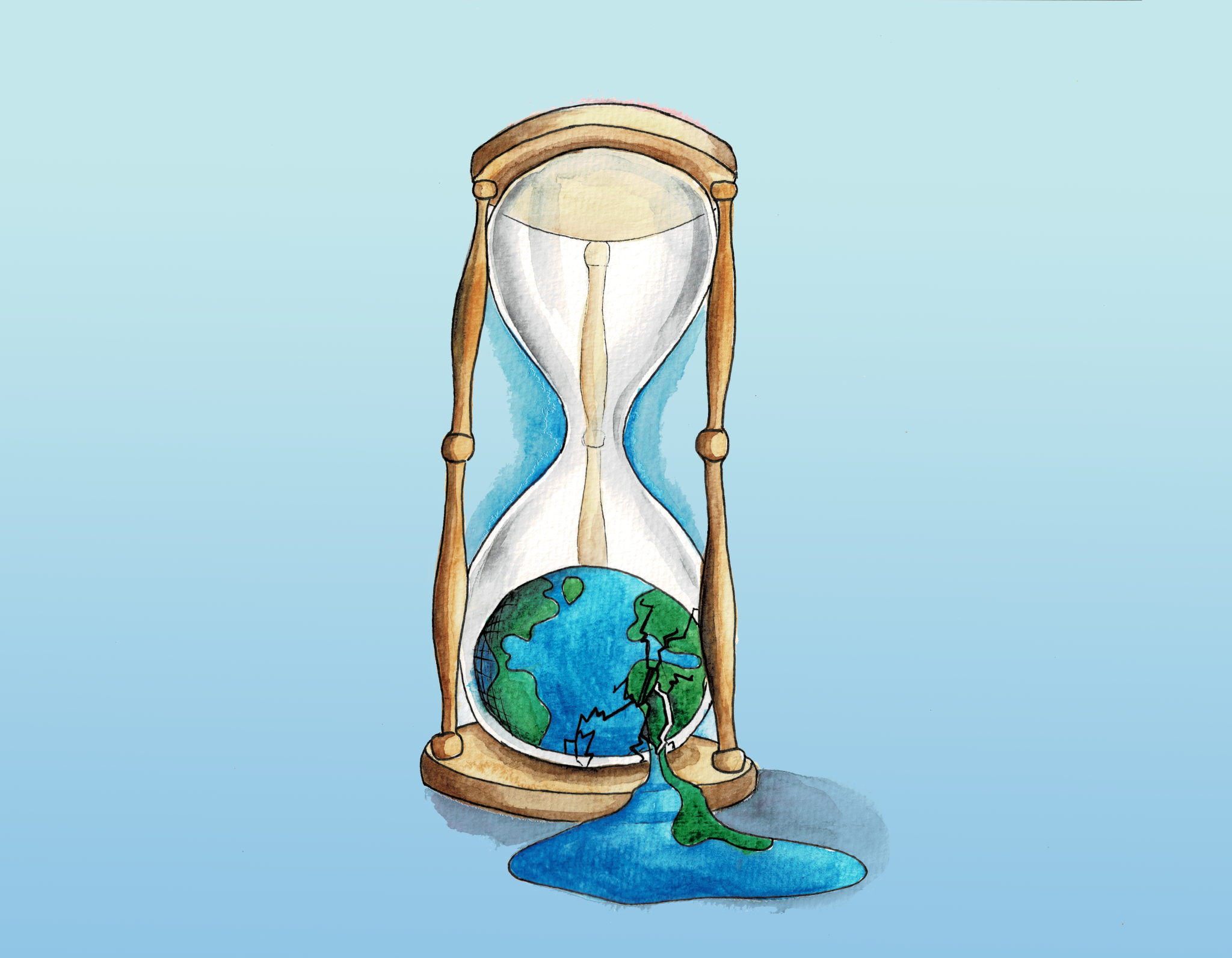Climate change could become irreversible as soon as 2030. The United Nations (UN) estimates that drought alone could displace 700 million people by then. In order to avoid permanent climate effects, countries will have to decrease global emissions by 43 percent before 2030.
But few countries have taken significant enough steps towards reaching this goal, despite pledges for action. Even if more countries delivered their pledges in full, it still wouldn’t be enough to bring global warming down anywhere near the UN’s goal. Without any realistic solutions to avoid extreme climate distress, it’s time to have the long avoided discussion: how can we cope in a world where the effects of climate change are permanent?
After climate change becomes irreversible, it will be too late to protest. People will need to find other ways to carry on. An important thing to remember is that humans are always adapting. Our need to survive will help us find permanent solutions to things like extreme temperature changes, flooding, and air quality.
In the United States, and all over the world, it’s reasonable to expect to see populations in certain cities shift as people move to wherever they think climate change will have the least effects. For example, to avoid rising sea levels, many may choose to move inland. It’s important to have faith in our ability to move forward.
Some may argue that it’s too soon to lose hope in the fight against climate change, and that activism should still be the top priority. What this argument ignores is how dire the situation already is.
If we were to stop all greenhouse gas emissions at this very moment, global temperatures would flatten out, but they wouldn’t go down. It would still take decades to reverse climate change induced by human activities, and that’s only in the best case scenario. In reality, changes would need to be made on a much larger scale: changes that can only be made by corporations and governments. The disturbing reality is that we are not on track to reach a point where we will be able to considerably reverse climate change within our lifetime.
Despite how negative all of that may feel, it is critical to stay positive and hopeful.
It’s natural to feel anxious or dejected about climate change, but it makes more sense to focus on having hope. Considering this, having space to understand and cope with those feelings is extremely necessary moving forward.
Just like with any other mental health conditions, being able to talk about and process it is hugely important.
Berkeley High School offers counselors and countless other tools to help students with similar issues, so there is no reason why these resources shouldn’t extend to helping students with climate anxiety.
Supporting one another is key in this process.





